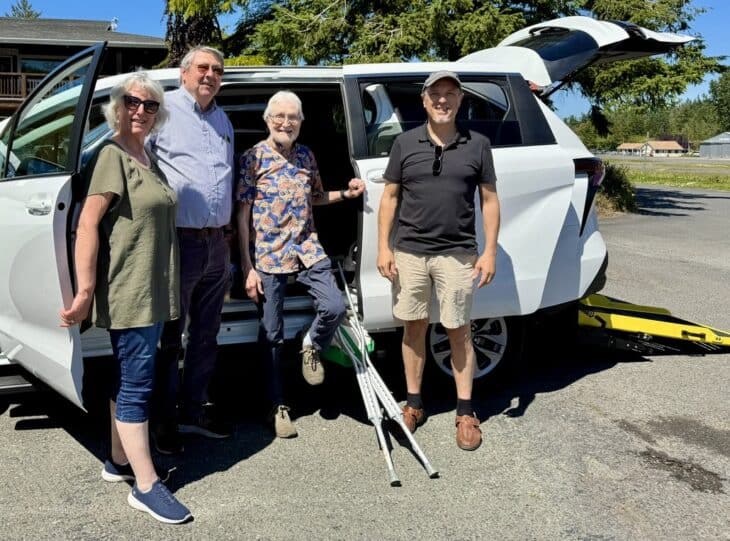Simple Tips for Energy Efficiency and Conservation
Energy efficiency means using electricity wisely. There are simple steps you can take to increase your energy efficiency that will save you money while serving your cooperative and the environment – and improve the comfort level of your home during the heating season:
Simple Maintenance
- Replace furnace or heat pump filters regularly.
- Have your heating and cooling system checked annually by a professional.
- Caulk and weather-strip all leaky windows, baseboards, and doors.
- Caulk and weatherproof all exterior openings that need to be sealed,
including plumbing and electrical services. - Install weather-stripping and caulking on doors, windows and other openings to stop air leakage.
- Seal all attic vents and ducts.
- Install draft-stoppers behind electric outlets and switches.
- Make sure your home is properly insulated (ceiling, walls, and floors).
- Consider increasing the insulation level in attic and walls
- Don’t depend on thermostat settings; go by your own comfort. Keep the temperature where you are comfortable while wearing a light sweater.
- For every degree you lower your thermostat setting, you save 1% of your heating costs. Heat pumps require special thermostats for automatic temperature setbacks.
- When the house is cold, don’t “overset” the thermostat for temperature recovery. The house won’t heat any faster.
- Keep drapes and shades open in sunny windows; close them at night.
- Be sure the heated air flow is not restricted by furniture, carpeting, or drapes.
- Keep fireplace dampers closed when not in use. Glass doors are recommended.
- Keep foundation vents closed during cold weather.
- Use portable electric space heaters safely.
- Use storm windows or plastic covers on windows in winter.
- Seal off window air conditioners and swamp coolers in the winter.
- Keep wall and baseboard heaters clean and free of debris
Water heating
- Buy high efficiency water heaters. They use 10% less energy.
- Check the hot water temperature with a thermometer at the faucet closest to the water heater. The general recommendation for water heater temperature is 120°F. Older dishwashers may require 140°F.
- Insulate water heaters unless prohibited by manufacturer’s instructions. Follow directions on the insulation kit.
- Consider a solar hot water pre-heating system.
Smart Purchases that Save Money
- A programmable thermostat can save you up to $100 annually when programmed and used properly.
- Compact fluorescents (CFLs) use two-thirds less electricity and last ten times longer than traditional light bulbs and fixtures.
- Low flow showerheads – use less hot water (as does taking showers instead
of baths). - Energy Star rated appliances will net you energy and budgetary savings –
and you may be eligible for incentives and rebates on your purchases. - Time to replace your hot water heater? Consider a Marathon super-efficient hot water heater – it comes with a lifetime guarantee!
- Turning the thermostat down even one or two degrees – turning off lights when no one is in the room – adding insulation – these are simple things that can substantially lower your monthly bill.
While more than 95% of OPALCO’s electricity is generated from non-carbon producing sources, this issue remains important to all of us. OPALCO is asking everyone to be aware of their energy usage.
Also check out:
Alliance to Save Energy https://www.ase.org/
Energy Ideas https://www.energyideas.org/
Energy Efficiency and Renewable Energy https://www.eere.energy.gov/



